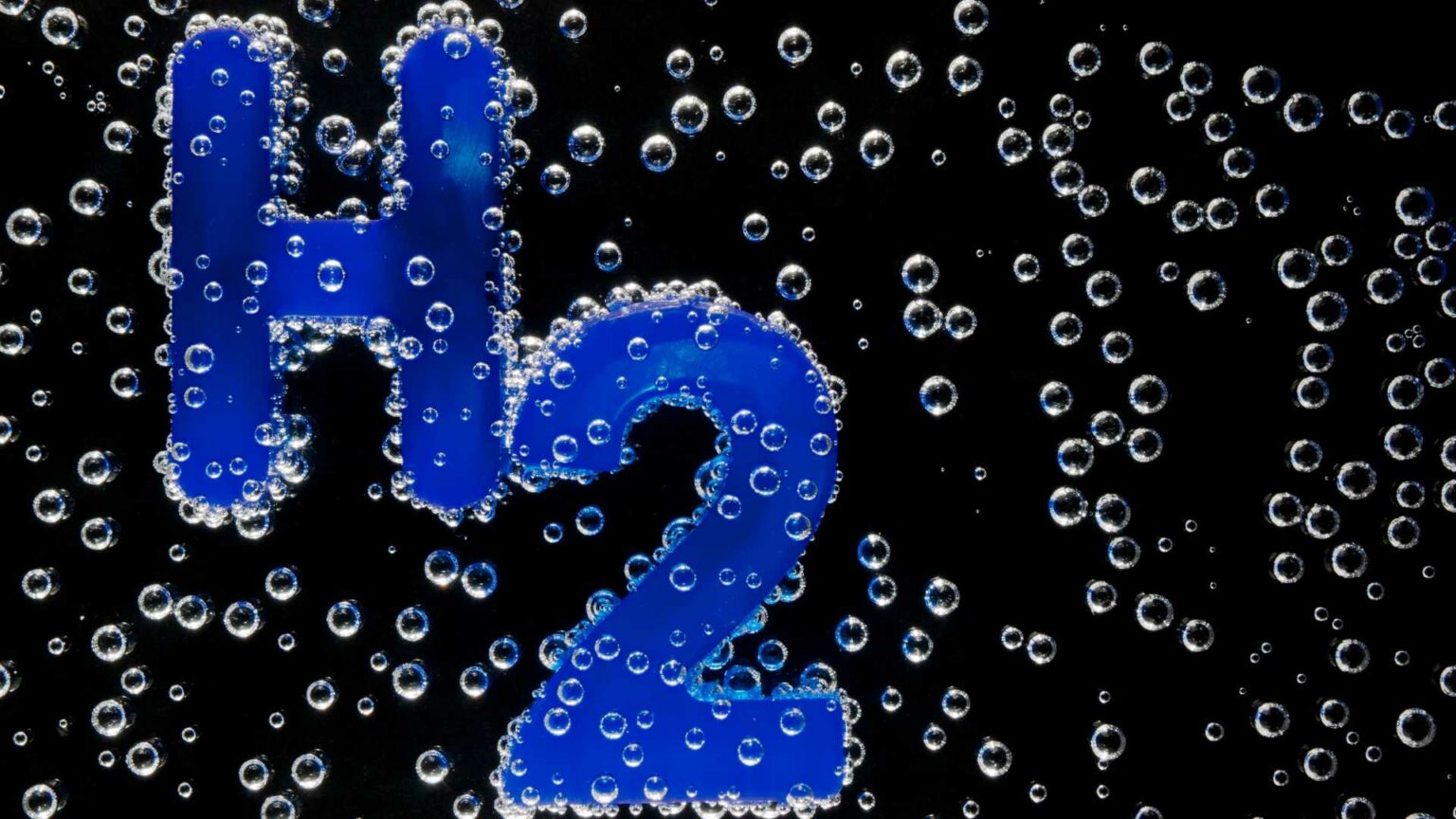The geopolitical landscape of energy supply has witnessed significant shifts in recent years, particularly for European nations. Italy, in the wake of its estrangement from Russia, has turned its focus towards Africa, emerging as a crucial energy partner for the European Union.
The departure from relying on Russian energy sources has necessitated Italy’s exploration of alternative suppliers. The onset of the war in Ukraine accelerated this shift, leading to a series of diplomatic missions spearheaded by key figures such as former Foreign Minister Luigi Di Maio and Eni CEO Claudio Descalzi, followed by representatives of the current government under Prime Minister Giorgia Meloni.
According to the Italian think tank Ecco, “71% of Italian imports from the African continent are represented by energy products,” highlighting Africa’s growing significance as an energy supplier. In 2023, Africa emerged as Italy’s top energy partner, a relationship solidified through 21 bilateral agreements signed between March 2022 and October 2023. Twelve of these agreements are with African nations, including Algeria, Libya, Angola, Egypt, and Mozambique, with a substantial focus on natural gas.
Italy’s engagement with Africa is part of a broader European trend, where countries seek to diversify energy sources and invest in renewable energy. The European Council of Foreign Relations (ECFR) reports around 35 agreements signed between European countries and African nations out of 180 surveyed since 2022. Notably, Germany and the Netherlands have also pursued significant deals, focusing on green energy and hydrogen.
Germany, under Chancellor Olaf Scholz, has committed approximately 4 billion euros to green energy investments in Africa. This includes a hydrogen agreement with South Africa and a 500 million euro renewable energy pact with Nigeria. Similarly, the Netherlands has signed an intergovernmental agreement with South Africa to advance the hydrogen industry. These efforts underscore a collective European pivot towards sustainable energy sources, albeit with varying degrees of emphasis on hydrogen and renewables compared to Italy’s focus on natural gas.
Frans Timmermans, the former vice president of the European Commission, highlighted Africa as a key energy partner for the EU, emphasizing renewables. While Italy’s current approach aligns with immediate energy needs, a strategic balance incorporating more renewable energy projects could enhance alignment with the EU’s long-term sustainability goals.
